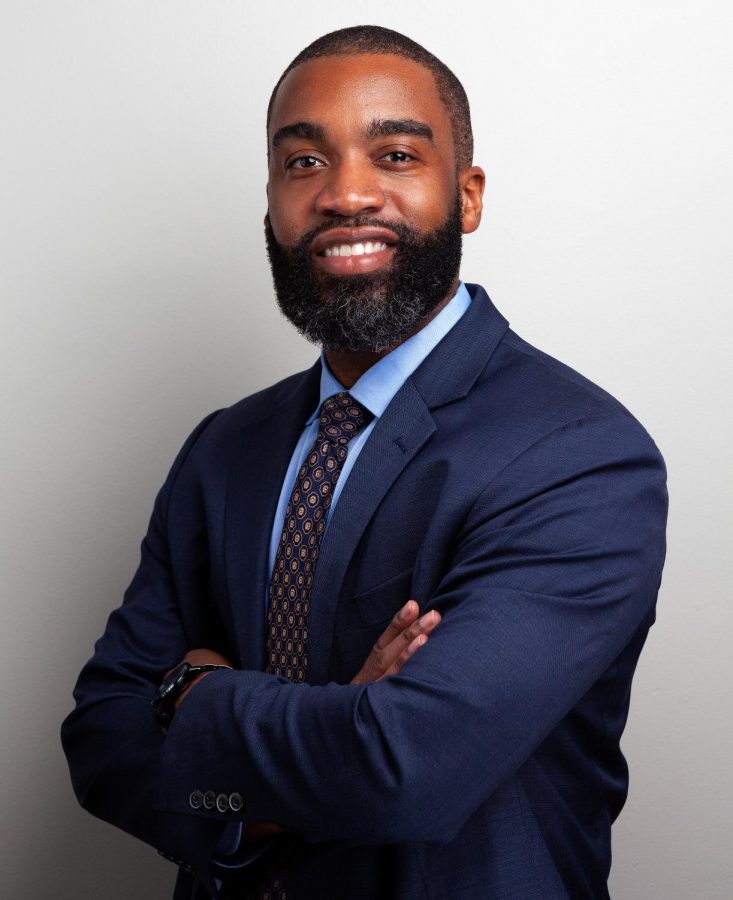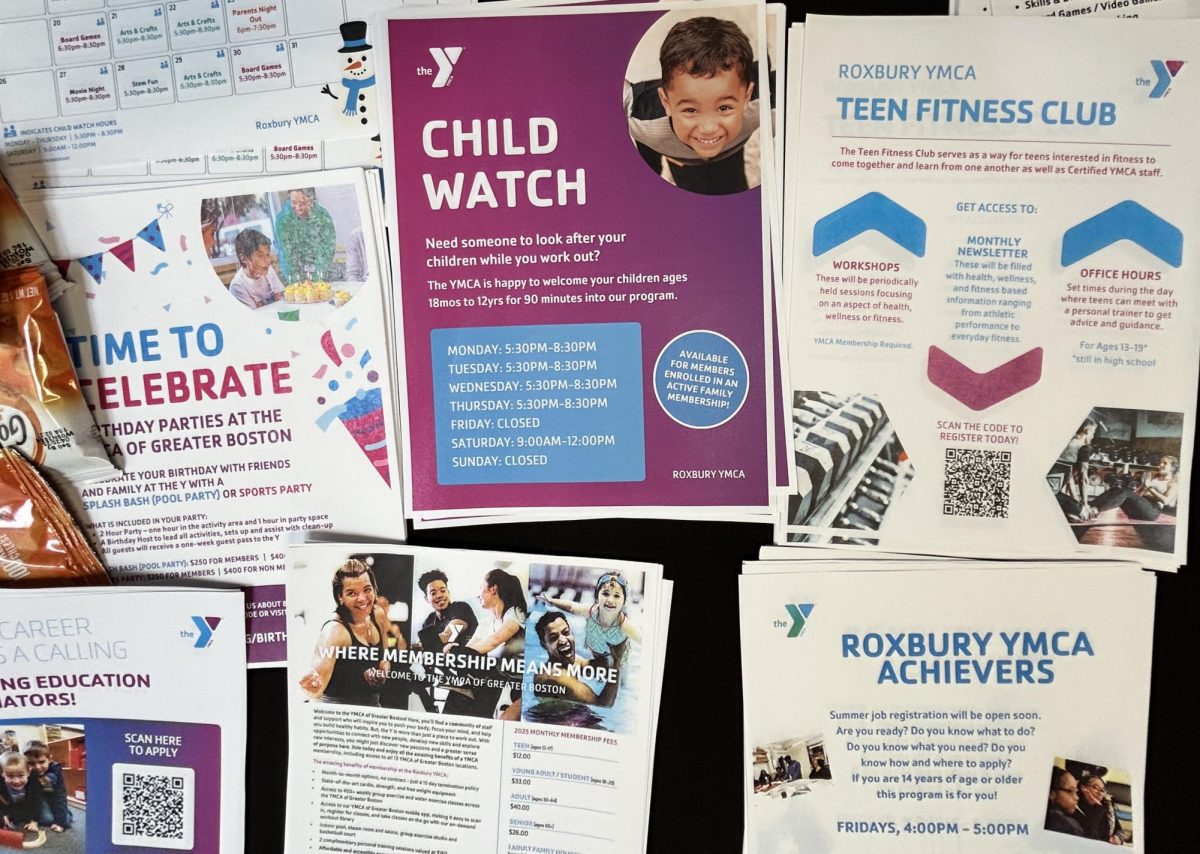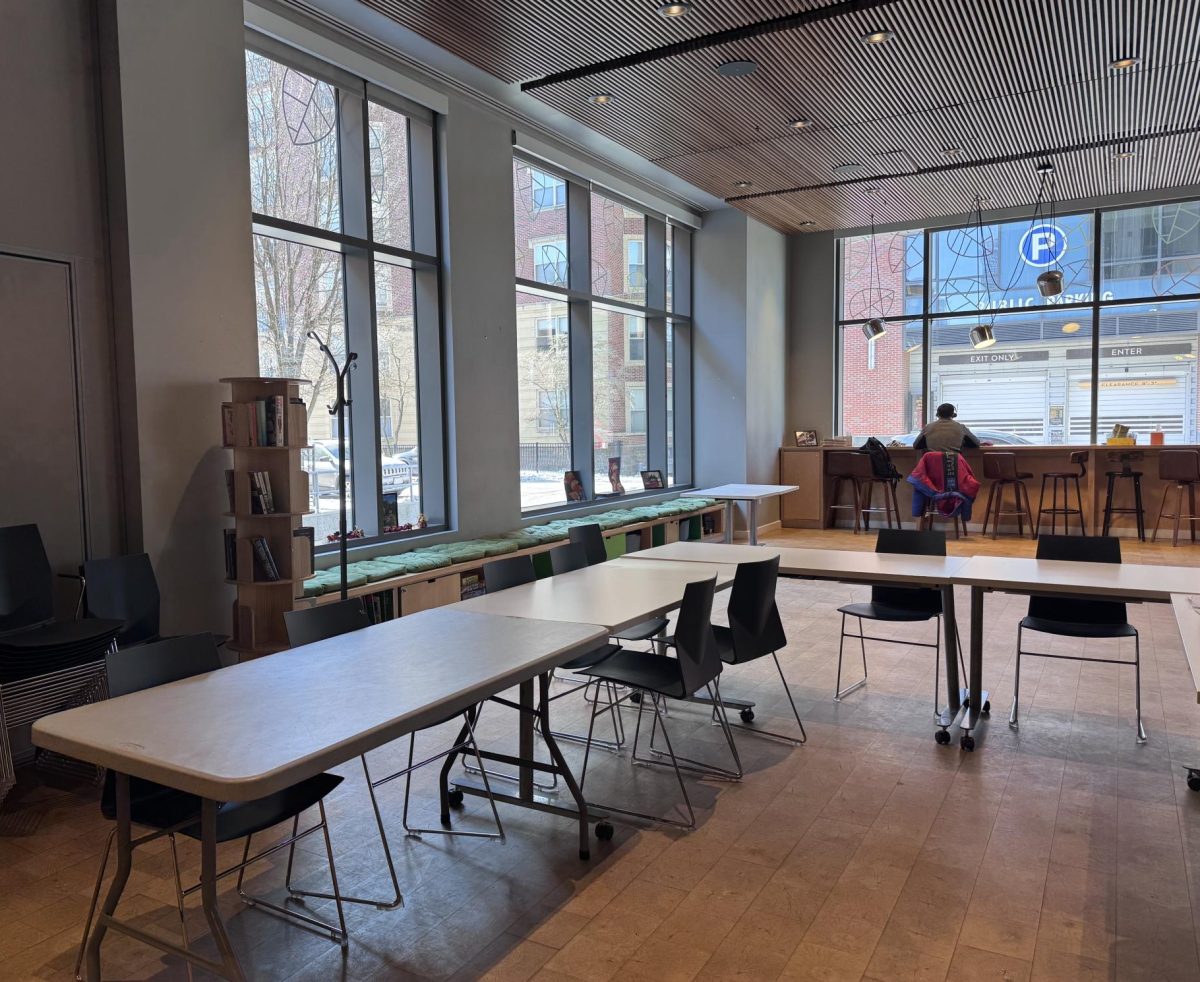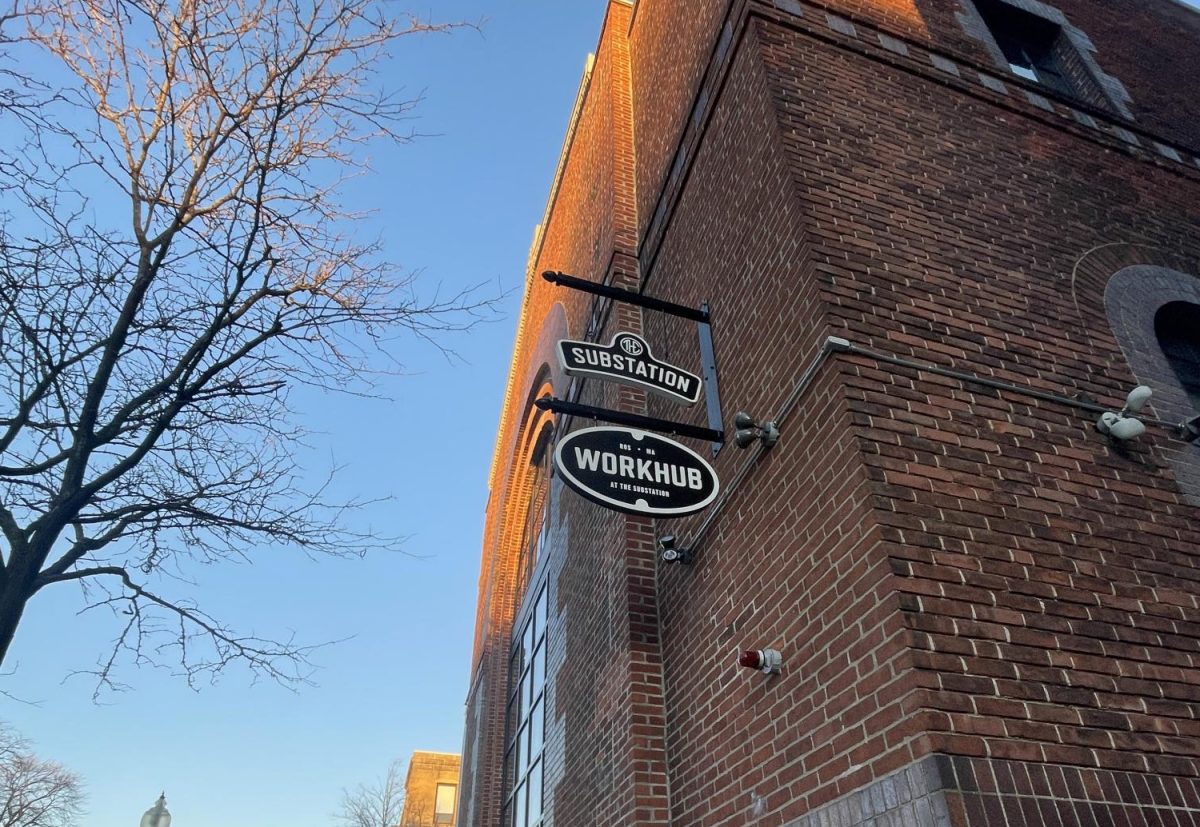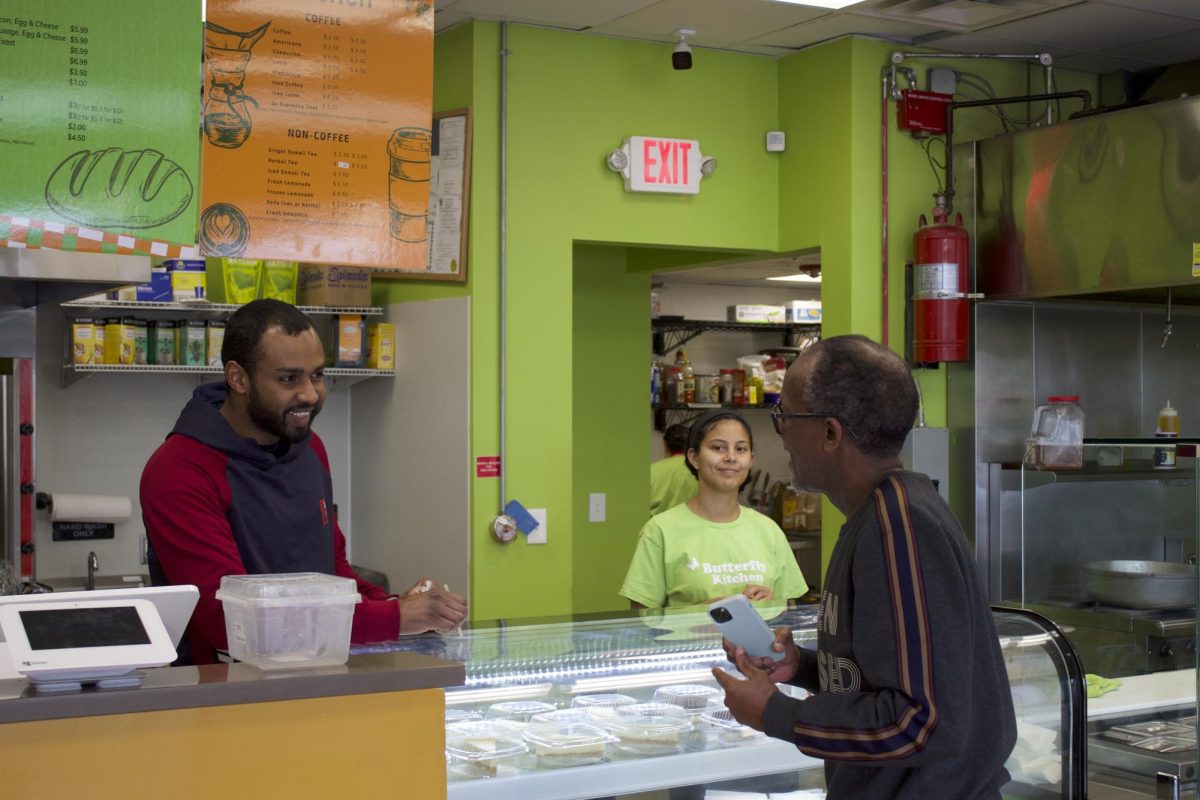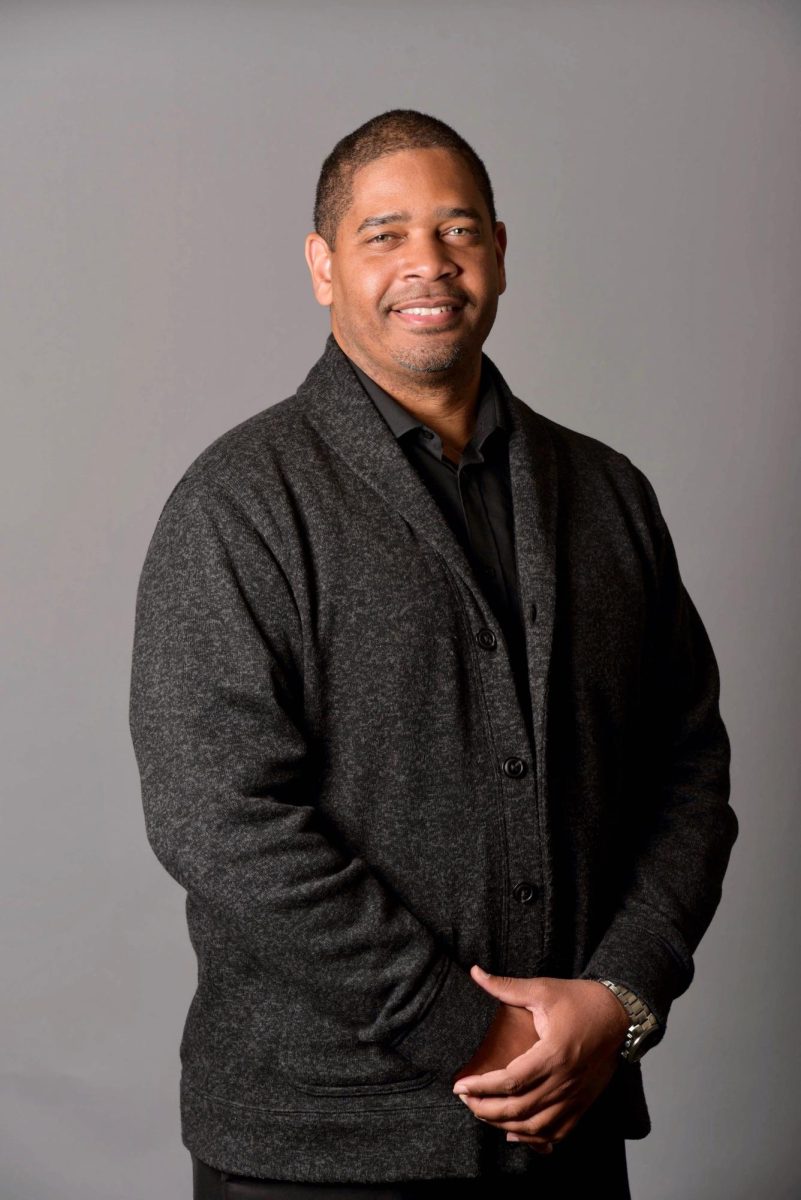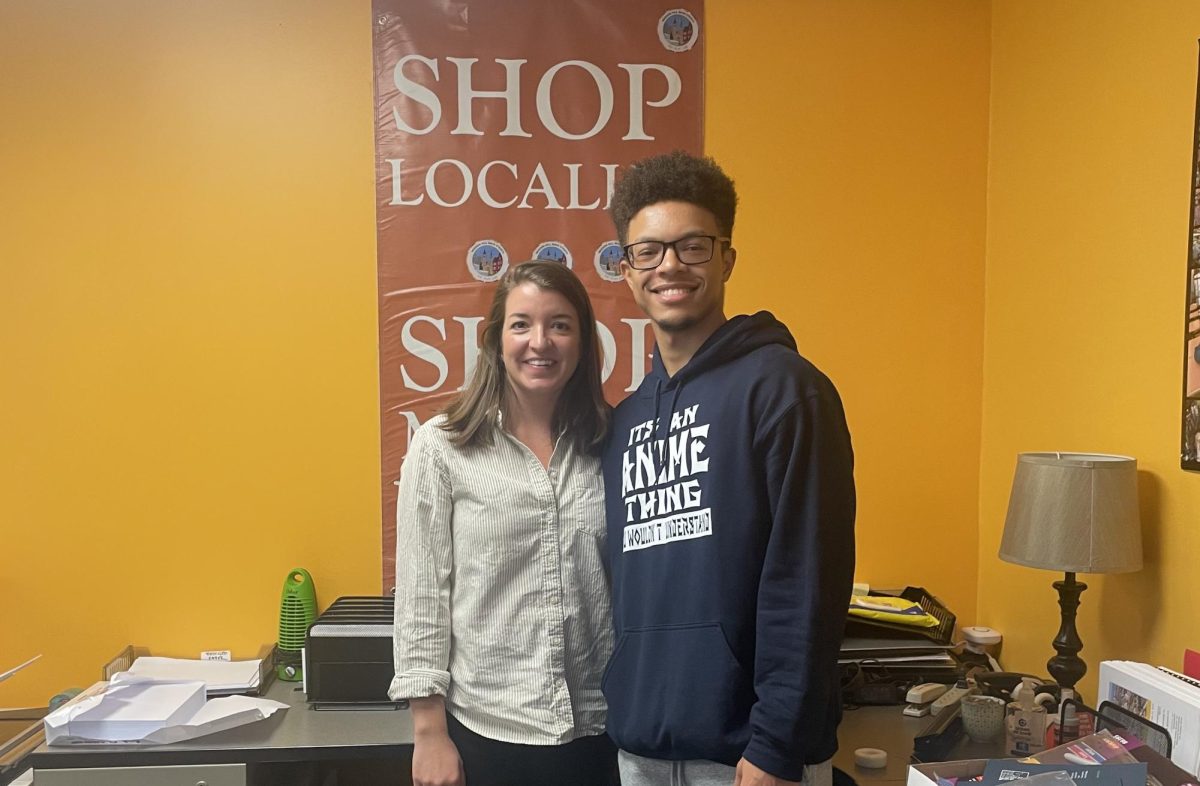Boston City Councilor Brian Worrell understands the experience of losing a loved one to gun violence. In October 2022, a shooting took the life of his close friend, Max Hylton, and the councilor has lost several family members to gun-related incidents as well.
Now, Worrell — the representative for Mattapan, Dorchester and portions of Jamaica Plain and Roslindale — is working to end gun violence in the city, focusing on the unfair burden placed on some neighborhoods when it comes to this issue.
Although individual cases have decreased in recent years, gun violence continues to be a prominent public safety issue in Boston. According to data from the City of Boston, 149 shootings were recorded by police in 2022, down slightly from 2021’s list of 198 incidents. These events remain concentrated in Dorchester, Roxbury and Mattapan and continue to disproportionately impact people of color.
Developing strategies to prevent gun violence in Boston is a priority for Worrell, who recently chaired a public hearing on the topic in Dorchester. In March, The Scope spoke with the councilor about his reasons for addressing this issue and the policy work needed to create change. What follows is a version of their conversation, edited and condensed for clarity.
Why is tackling gun violence in Boston a priority for you?
I have lost a lot of friends and family to gun violence. But the sad thing is that the story is not unique to me. This is a story that people from generation to generation in Dorchester, Roxbury and Mattapan could tell repeatedly, and the ripple effects added from gun violence don’t just stop with the bullet in the wound. It is traumatic for all of our residents.
People feel fear, which can cause health complications and PTSD in our community. It stops our community from being healthy because it doesn’t encourage people to stay out at parks late at night or walk to the street. We operate in fear. We want to make sure that we no longer live in fear, but also that the investments that are needed to break gun violence are something that the city has invested in.
How do you plan to do that? What strategies have you proposed?
First, we are trying to do more events because activating public spaces and engaging the community is more important than fighting gun violence. We introduced a hearing last year on gun violence, and we will have another hearing on gun violence this year.
We’re talking about safety plans. We’re talking to small businesses to partner with our schools and young people for more internships—and after-school programs. We are also signed on to an ordinance to amend the trafficking of illegal guns, so we want to ensure that we have all the data about how guns are coming into our community. We could start taking more proactive measures to stop guns from coming in.
We want to ensure that we are trying to engage those individuals with the resources needed to turn their lives around and also for trauma care. We’re asking for more investments, trauma care and investments on the front end.
Are there any updates to share with the public since last year’s hearing?
After the hearing, we saw the need for a more detailed plan and the want from our community to be part of that plan. We ended up creating more policy collaborators to help us out with what the safety plan looks like for our community.
What communities and people are most impacted by this issue? What does that look like, and why?
When you look at the data, it’s clearly Dorchester, Mattapan and Roxbury. I believe that’s ground zero for gun violence in the city of Boston. But Dorchester in particular.
In this way, the residents of Dorchester and Mattapan, specifically Black males and Black and brown females, are victims of these incidents. We see disproportionate wear among these disproportionate victims of gun violence. We need to make sure that because of that, where we’re trying, we’re changing the trajectory of Black and brown people by increasing the investments inside the community and in schools and ensuring that their trajectory does not lead them to a life of poverty again.
District Four is the Blackest and brownest district of them all. So we did not win because the city is not prioritizing and investing in black and brown people. It will not give the people the tools or the infrastructure to have careers. And at the end of the day, they will make better choices for themselves instead of what’s better for the community.
What can Bostonians do to help resolve this issue?
Volunteer to invest in a young person. If you work at a business, offer an internship to somebody from the Boston Public Schools. Reach out to the Boston Public Schools and see how you can be helpful. We need more activities. Try to activate a public space or bring any event to the city of Boston.
Also, attend the hearings [at City Hall] and let the administration hear your voice. (For more information on upcoming City Council meetings and other hearings, check here.)

